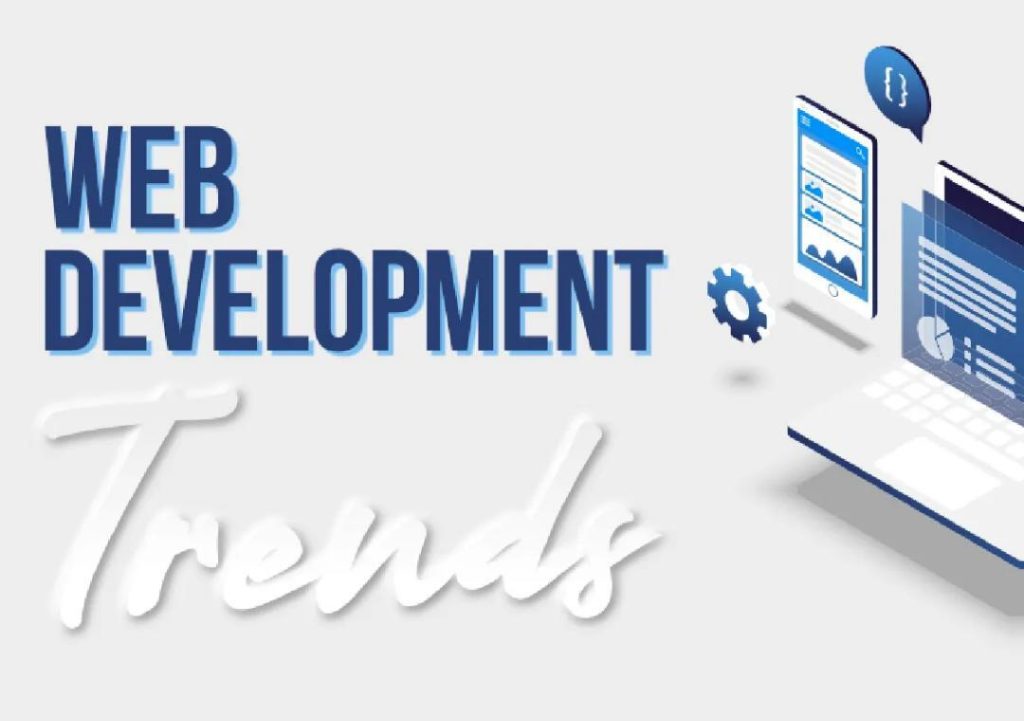
10 Web Development Tools to Watch in 2025
As we step into the new year, web development is evolving at a rapid pace, driven by innovations in technology, user experience, and collaboration. In this blog post, we’ll explore the top 10 web development tools that will shape the industry in 2025. From framework advancements to AI-assisted coding and design-development sync, these tools are poised to revolutionize the way developers work.
1. Next.js
Next.js is a popular React-based framework that has gained immense popularity among developers. Its ability to streamline builds, optimize performance, and provide server-side rendering has made it a go-to choice for modern web applications. With Next.js, developers can create fast, scalable, and maintainable applications that cater to the evolving needs of users.
2. GitHub Copilot
GitHub Copilot is an AI-powered coding tool that helps developers write code faster and more accurately. By providing real-time suggestions, code completion, and debugging assistance, Copilot accelerates the coding process, allowing developers to focus on higher-level tasks. Its integration with GitHub has made it an essential tool for collaborative development.
3. Vercel
Vercel is a platform that simplifies web deployment and management. Its innovative approach to serverless architecture, automatic code optimization, and real-time analytics has made it a favorite among developers. With Vercel, developers can deploy web applications quickly, ensuring faster time-to-market and improved user experience.
4. Figma
Figma is a design-focused tool that has revolutionized the way designers and developers collaborate. Its cloud-based interface, real-time collaboration features, and design-development sync capabilities have made it an essential tool for modern web development. Figma enables seamless communication between designers and developers, ensuring that design intent is preserved throughout the development process.
5. Sentry
Sentry is a monitoring tool that helps developers track errors, crashes, and performance issues in real-time. Its intuitive interface, automated error reporting, and customizable dashboards provide developers with a comprehensive view of their application’s performance. With Sentry, developers can identify and fix issues quickly, ensuring a smoother user experience.
6. Cypress
Cypress is a popular testing framework that has gained widespread adoption among developers. Its advanced features, such as automated testing, end-to-end testing, and debugging tools, have made it an essential tool for ensuring application quality. With Cypress, developers can write efficient, fast, and reliable tests, ensuring that their applications meet the highest standards.
7. Netlify
Netlify is a platform that enables developers to build, deploy, and manage web applications. Its features, such as automated builds, continuous integration, and deployment, have made it a favorite among developers. With Netlify, developers can streamline their development process, ensuring faster time-to-market and improved user experience.
8. Bit
Bit is a collaborative development platform that enables developers to build, deploy, and manage web applications. Its features, such as real-time collaboration, version control, and deployment, have made it an essential tool for modern web development. With Bit, developers can work together seamlessly, ensuring that their applications meet the highest standards.
9. Storybook
Storybook is an open-source tool that enables developers to create, organize, and test UI components. Its features, such as component-driven development, automated testing, and documentation, have made it an essential tool for modern web development. With Storybook, developers can create reusable, maintainable, and scalable UI components.
10. Astro
Astro is a modern web framework that enables developers to build fast, scalable, and maintainable web applications. Its features, such as server-side rendering, code splitting, and automatic optimization, have made it a favorite among developers. With Astro, developers can create applications that cater to the evolving needs of users.
In conclusion, these 10 web development tools will shape the industry in 2025. From frameworks like Next.js and Astro to AI-assisted coding tools like GitHub Copilot and Sentry, these tools will revolutionize the way developers work. Whether you’re building a new web application or optimizing an existing one, these tools will help you stay ahead of the curve.
Source: https://www.growthjockey.com/blogs/10-web-development-tools-developers-look-out-for






